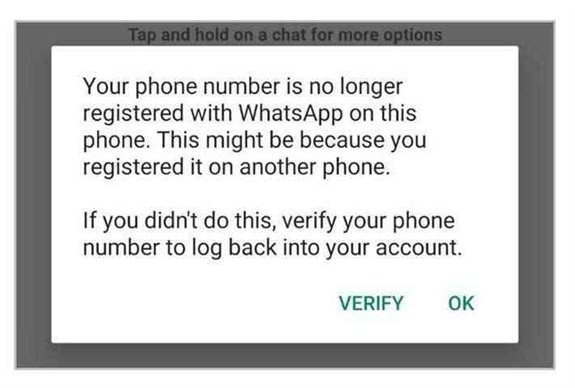UK Police Issue Warning Over Huge WhatsApp Scam
2nd July 2021, Kathmandu
WhatsApp scam alert 2021. WhatsApp verification codes (OTP) should not be shared with other people. They can Trade-off personal accounts.
WhatsApp users are frequently getting OTP scammed. Hackers are calling themselves their friends and are asking them OTP. People often don’t know that sharing the verification code results to compromise their account. Users should confirm who is the one who is asking for OTP. If you find out the right person, you should be sharing the code through call rather than with emails and messages. The scam is more vulnerable than it actually seems to be.
Highlights
- WhatsApp code which is sent is not to be shared with anyone
- Two-way authentication is to be enabled
- Hackers pose as friends, relatives to sneak another person’s account
How does it work?
Cybercriminals exploit verification codes, which are required at the time of user login or registration. Hackers have mine set that they pretend to be family or friends to reach out to users via some other social media and ask for their OTP sent to their phone. More often, it is difficult to identify such messages.
The criminals may contact users as WhatsApp customer support and ask them to confirm the verification code received via SMS. If or once a hacker gets a verification code, they will control your account, which results in theft and misuse of information.
If hackers can get access to your personal information on WhatsApp, it will leave users logged out of their account; WhatsApp does not support multiple device login. Hence, Scammers can access all the saved contacts of users.
The first step to be done is to enable two-factor authentication on your WhatsApp account. The second step is to call your friends and share the situation. If you accidentally shared OTP and got locked off your account, immediately reset your WhatsApp and log in again.







